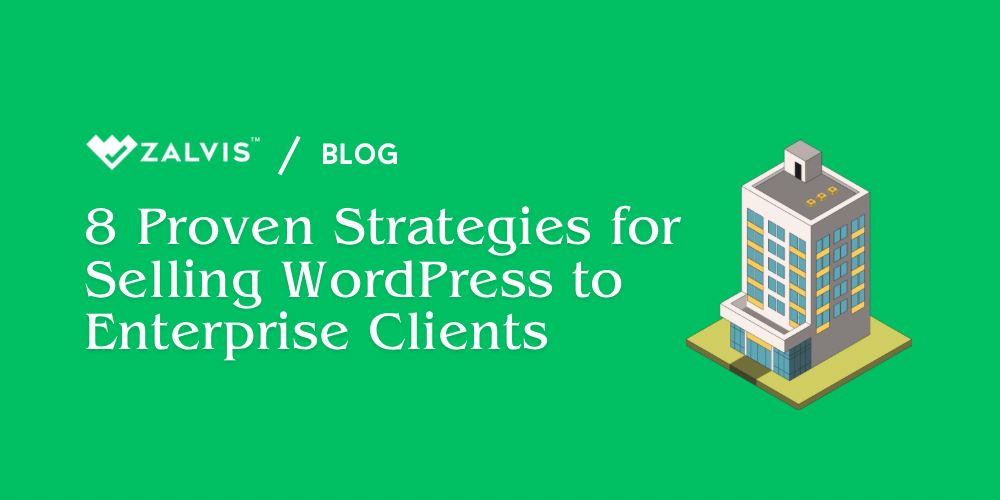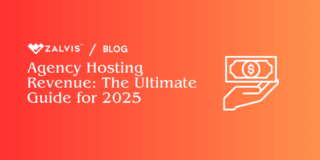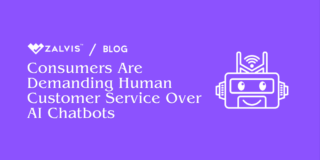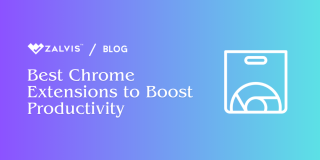The pressure to do more with less has never been greater in the world of marketing. Teams are stretched thin, juggling content creation, data analysis, campaign management, and a relentless demand for personalization.
The traditional approach of manually handling these tasks is not only time-consuming but also prone to error and inefficiency. This is where online artificial intelligence solutions enter the picture, not as a futuristic fantasy, but as a practical, urgent necessity for any business looking to stay competitive.
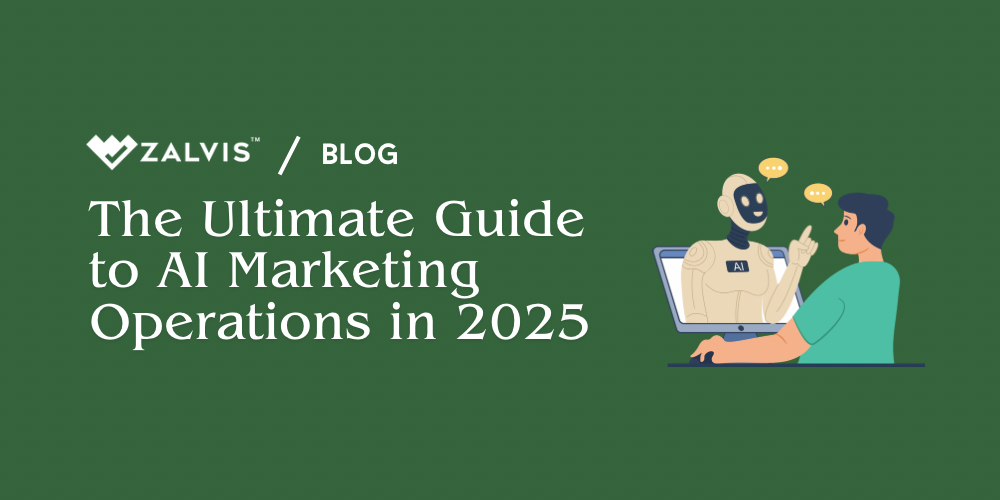
These tools are transforming the marketing landscape by automating repetitive tasks, providing deeper insights, and enabling a level of personalization that was previously impossible.
AI Marketing Operations: More Than a Buzzword
The adoption of AI in marketing is no longer optional; it’s a strategic imperative. The numbers tell a clear story of a widespread and growing reliance on these technologies. According to a recent survey from February 2025, 88% of marketers already use artificial intelligence in their day-to-day tasks, demonstrating its transition from a novel concept to a staple of the modern marketing toolkit.
This shift is driven by a simple truth: AI solutions can dramatically improve efficiency and performance across the entire marketing funnel. For instance, AI can help you with:
- Automated Content Generation: AI-powered tools can create initial drafts of social media posts, email subject lines, and even blog posts, drastically cutting down on the time and resources needed for content creation.
- Intelligent Customer Segmentation: By analyzing vast datasets, AI can identify hyper-specific customer segments based on behavior, purchase history, and demographics, allowing for more targeted and effective campaigns.
- Real-time Performance Analysis: Instead of waiting for weekly or monthly reports, AI can provide real-time insights into campaign performance, flagging underperforming ads or opportunities for optimization the moment they arise.
- Personalization at Scale: AI-driven personalization engines can dynamically tailor website content, product recommendations, and email copy for each individual visitor, which is essential in an era when consumers expect a one-to-one experience.
This automation and insight-driven approach not only frees up marketing professionals from tedious work but also allows them to dedicate more time to high-level strategic thinking, creativity, and relationship-building.
AI Marketing Operations: The Power of Predictive Marketing
Beyond automation, one of the most transformative applications of artificial intelligence is in the realm of predictive marketing. This approach uses AI and machine learning to analyze historical data and forecast future customer behavior. Instead of reacting to trends, marketers can proactively anticipate them, creating campaigns that are not only relevant but also delivered at the precise moment a customer is most likely to convert.
In a recent study from January 2025, it was found that businesses using AI-driven marketing strategies saw an average increase of 39% in revenue. This significant boost highlights the direct correlation between adopting these technologies and achieving tangible business outcomes.
A key to unlocking this potential is knowing how to start a blog with content that leverages predictive data to capture attention and build authority. This proactive capability manifests in several ways:
- Customer Churn Prediction: AI models can predict which customers are at risk of leaving, allowing you to launch retention campaigns and special offers before they’re gone for good.
- Lead Scoring and Prioritization: AI can analyze leads based on their likelihood of converting, allowing your sales team to focus their efforts on the most promising prospects, significantly shortening the sales cycle.
- Dynamic Pricing: Algorithms can adjust product pricing in real-time based on supply, demand, and competitor pricing to maximize revenue and competitive advantage.
- Personalized Product Recommendations: Predictive marketing can anticipate what a customer will want to buy next, presenting them with tailored recommendations that increase average order value and customer satisfaction.
For anyone looking to deepen their expertise in this field, a wide range of educational resources are available, including many affordable online masters in artificial intelligence.
AI Marketing Operations: Implementing AI in Your Marketing Stack
Integrating AI into your existing marketing operations doesn’t have to be a monumental overhaul. Many solutions can be implemented piece by piece, starting with a few key areas where you need the most help. Start by identifying your biggest pain points. Is it content creation, lead management, or campaign analysis?
For instance, many agencies are looking for ways to scale their services without increasing overhead, and figuring out why you should offer hosting to clients as a value-add service can be a good start.
For these agencies, AI-powered tools for content generation or ad management can provide a significant boost in efficiency, allowing them to take on more clients without sacrificing quality. When choosing a solution, look for tools that offer:
- Easy Integration: The software should seamlessly connect with your existing CRM, CMS, and marketing automation platforms to ensure a smooth workflow.
- Scalability: The tool should be able to grow with your business, whether you’re a small startup or a large enterprise.
- User-Friendly Interface: The best AI tools are intuitive and don’t require a degree in data science to operate. They should be a helper, not a hurdle.
- Actionable Insights: The tool should not only analyze data but also provide clear, actionable recommendations that you can use to improve your strategies.

FAQs on AI Marketing Operations
Q: Does AI in marketing replace human jobs?
A: The goal of artificial intelligence in marketing is not to replace human marketers but to augment their capabilities. AI handles the repetitive, data-heavy tasks, freeing up humans to focus on the creative, strategic, and relational aspects of their jobs that require uniquely human skills like empathy, critical thinking, and negotiation.
Q: Is predictive marketing only for large companies?
A: No. While larger enterprises may have more data to work with, predictive tools are becoming increasingly accessible to businesses of all sizes. Many platforms now offer affordable, scalable solutions that allow small and medium-sized businesses to leverage the power of predictive analytics to compete with larger players.
Q: How do I get started with AI in my marketing?
A: Begin by identifying a single, high-impact area where you want to improve efficiency. This could be anything from email subject line optimization to ad targeting. Start with a free trial or a low-cost tool in that area, and measure the results. As you see the benefits, you can gradually expand your use of AI to other parts of your marketing operations.
If you enjoyed this article, then you’ll love Zalvis's WordPress Hosting platform. Turbocharge your website and get 24/7 support from our veteran team. Our world-class hosting infrastructure focuses on auto-scaling, performance, and security. Let us show you the Zalvis difference! Check out our plans.
